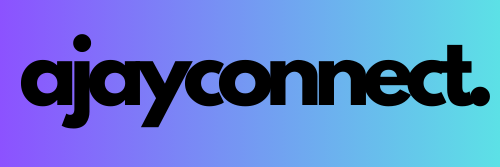In the ever-evolving world of data and AI, Databricks continues to be at the forefront, offering businesses the tools they need to harness the full potential of their data. With a platform built on innovation, Databricks is setting the gold standard for scalable data management, AI governance, and collaborative analytics. Below, we explore some of the most impactful updates from the recent Data + AI Summits and best practices in data governance and AI from Databricks Unity Catalog.
1. Unified Data Governance with Unity Catalog
A central highlight of Databricks’ platform is Unity Catalog, which provides a unified governance solution for data and AI. This tool simplifies access management across cloud platforms, allowing businesses to enforce consistent policies for data and AI assets. Whether working with structured data from databases or unstructured data from machine learning models, Unity Catalog ensures secure, compliant access and governance at scale.
Key advantages include:
Seamless data discovery across multiple platforms, including MySQL, PostgreSQL, Amazon Redshift, and more.
Centralized data access control with low-code policy implementation for enhanced security.
AI-powered data monitoring, offering real-time insights into data quality, PII detection, and automated diagnostics, empowering organizations to focus on business-critical insights rather than backend infrastructure(Databricks)(LumenData).
2. Streamlining Data and AI with Lakehouse Architecture
Databricks’ Lakehouse Federation simplifies data governance by allowing businesses to query and manage data regardless of where it is stored. This helps reduce data silos, making it easier for teams to access data and collaborate effectively. The Lakehouse architecture integrates the capabilities of data warehouses and data lakes, creating a cohesive environment for both analytics and AI initiatives(Databricks documentation).
With Unity Catalog integrated into the Lakehouse, users can:
Track data lineage to monitor transformations from source to insight, crucial for compliance with regulations like GDPR and HIPAA.
Enhance collaboration through open-source Delta Sharing, enabling secure data exchanges across platforms without extensive ETL procedures(Home | Databricks)(LumenData).
3. AI-Driven Innovations with Mosaic AI
AI is at the core of Databricks’ platform. With Mosaic AI, organizations can accelerate the deployment of generative AI models for practical business use cases. This tool simplifies the development of AI-driven applications by enabling faster production cycles and real-time data analytics. Mosaic AI integrates with Neo4j and Databricks to bring graph data models into the equation, improving the accuracy and speed of machine learning models(BPCS).
4. Best Practices for AI and Data Governance
As AI continues to mature, data governance is more critical than ever. Databricks emphasizes that strong governance not only ensures compliance with data privacy regulations but also enhances the performance and reliability of AI models. By integrating data governance into the AI lifecycle, organizations can:
Improve AI outcomes by ensuring models are trained on high-quality, secure data.
Establish clear policies for data and AI handling, fostering transparency and trust within teams and with stakeholders(Databricks documentation)(LumenData).
Conclusion
Databricks is driving the future of data and AI with its powerful combination of governance tools, collaborative features, and AI-driven innovation. By utilizing Unity Catalog, Mosaic AI, and Lakehouse Federation, businesses can harness their data more effectively, drive better decision-making, and stay compliant with evolving regulations. As organizations continue to scale their data and AI initiatives, Databricks remains a critical partner in their success.
